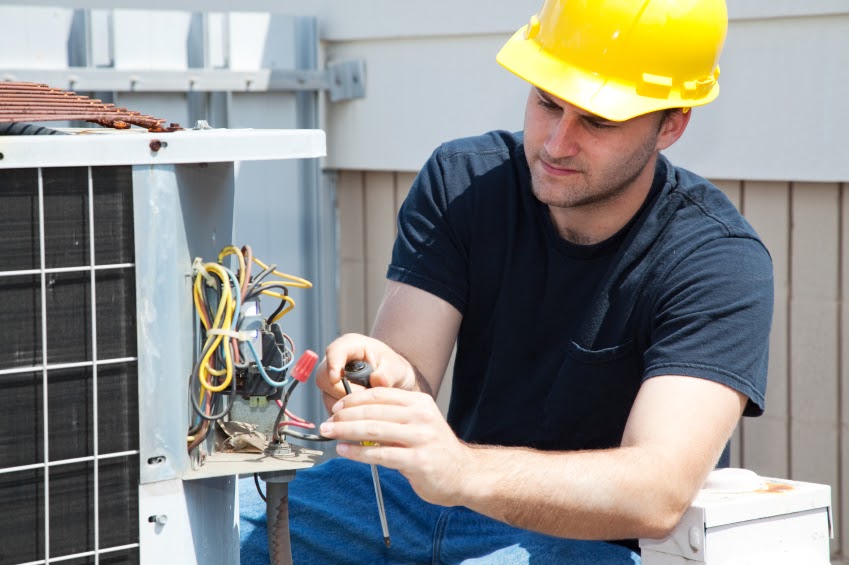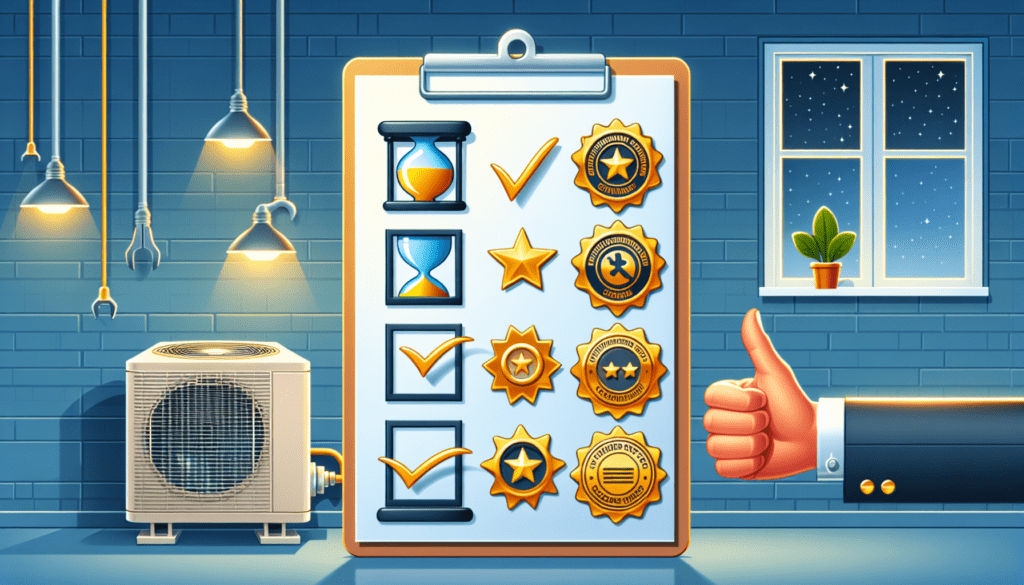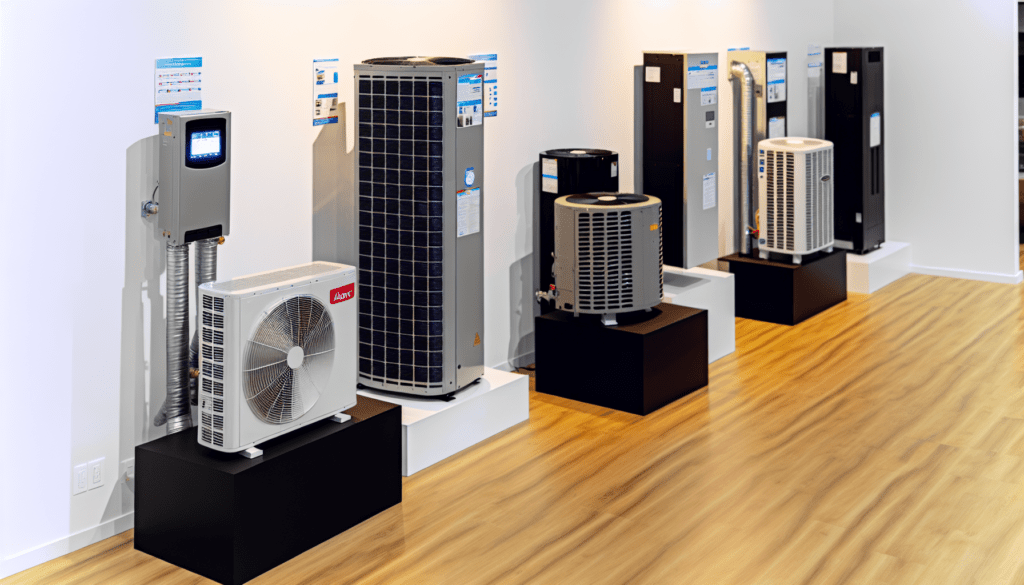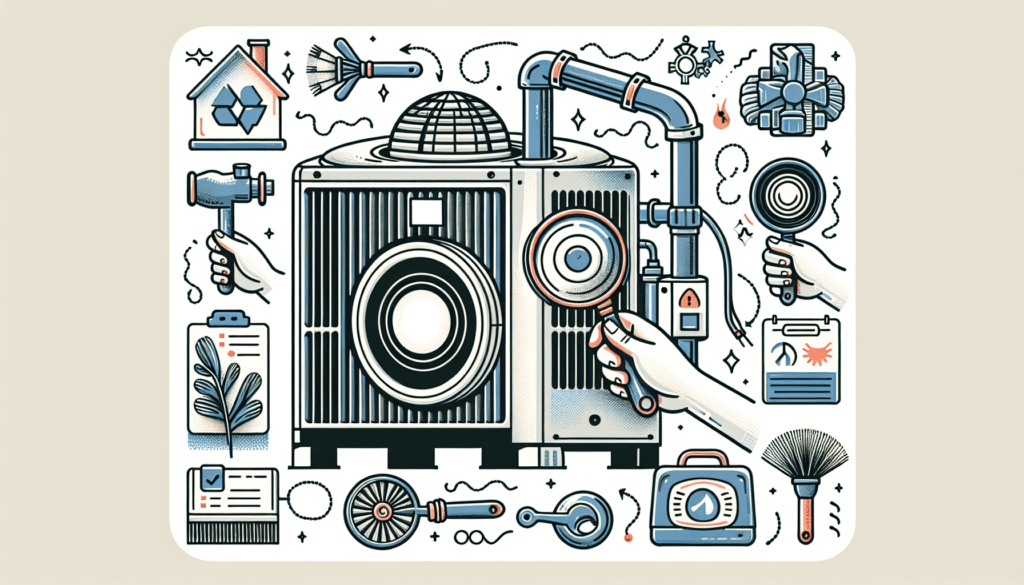
Having a warm, cosy house or place of business amid the bitter cold is essential. Diamond Heating & Cooling is the only brand in the HVAC industry for heating; we’ll have your heat up and running as fast as possible to keep you safe and warm. If your furnace or other heating equipment needs to be serviced or replaced. To suit your demands, we provide a range of heating choices. Our team will collaborate with you to save energy costs and maintain warmth during the harsh winters in King, North Carolina, and its environs. Our services include heating and furnace repair, furnace maintenance, and furnace replacement installations.
You require a trustworthy furnace when the weather becomes cold! Diamond Heating & Cooling Services is the company you can rely on to keep yours in good condition.

Select Diamond Heating & Cooling Services for efficient, long-lasting Heat Pump repair services.
A fantastic substitute for central air conditioning and heating are heat pumps from Diamond Heating & Cooling Services.

Any more heating maintenance or repairs needed for a comfortable living.
Managing problems with heat pumps in King, North Carolina? Locating trustworthy heat pump services is essential, whether you’re looking for routine maintenance or need to deal with unforeseen malfunctions. For optimal performance, it’s important to know what to look for in a service provider, comprehend routine repair requirements, and put maintenance procedures into place. This manual is your go-to resource for practical advice on all facets of heat pump maintenance; it’s clear and concise.

Selecting a knowledgeable heat pump service provider in King, North Carolina is essential. Making this choice guarantees expert heat pump installation, regular maintenance, and effective problem-solving. These providers’ expertise enables them to provide maintenance guidance, successfully complete repairs, and make accurate diagnoses.
Timeliness and top-notch customer service should also be taken into account. Quick installation or maintenance ensures efficiency, safety, and peace of mind when using the heating pump system. Excellent customer care for the upkeep and repair of your heat pumps alone can help you prolong their life, improve the quality of the air, regulate the amount of moisture in the air, and reduce your energy expenses—a win-win situation!

There are a variety of heat pump kinds to be aware of when navigating the market, such as geothermal, water source, and air-to-air. Because of their unique characteristics, each kind can be used for a range of residential heating and cooling requirements. Don’t worry; we’ll make the specifications of each model easier to understand so you can decide which one best fits your house.
Consider them as unsung heroes: During the summer, air-source heat pumps operate as an air conditioner, transferring heat from your home’s interior to the outside. At other times, they efficiently provide heating and cooling services. Some function in this manner:
The following are the parts of an air-source heat pump:
After commissioning the heat pump and connecting it to the house’s electrical and air conditioning systems, the installation typically takes eight hours.
Consider ground-source heat pumps to be your closest buddies on the planet. They provide energy-efficient heating and cooling by using the constant temperature of the earth. These heating units:
When installing ground-source heat pumps, one must either satisfy certain specifications for vertical ground loops or construct trenches for horizontal ground loops that are around 6 feet deep and 3 feet wide. Regular filter maintenance, keeping the right concentration of antifreeze, cleaning filters, and preserving appropriate system pressure are all considered forms of maintenance.
For houses without ductwork or in moderate areas, ductless mini-split cooling systems provide effective heating and air conditioning without requiring a lot of installation labour. They function through:
Ductless mini-split systems offer the following advantages in addition to their superior performance in severe weather:

Although it may seem intimidating, maintaining the operation of your heat pump doesn’t have to be. You can maintain the smooth operation of your heat pump by doing routine cleanings, inspections, and airflow management.
We’ll discuss these maintenance recommendations in more detail.
Deep cleaning a heat pump is advised at least once a year to keep it operating at peak efficiency. An average heat pump examination consists of:
An expert cleaning of a heat pump entails:
The goal of optimal heat pump efficiency is to maintain enough airflow and reduce duct leakage. Heat pump duct leakage can be caused by a number of things, such as improper installation, high humidity, ageing, using the incorrect air filter, pests, and operating blowers.
Take these actions to lessen heat pump duct leakage:
Upgrades to your programmable thermostat may give your heating system a brain. To provide appropriate electrical regulation, it automatically modifies itself based on set points preset for various periods during the day or week. Additionally, this increases the efficiency of HVAC systems:
Installing a programmable thermostat for a heat pump entails the following steps:
Sometimes heat pump problems might develop suddenly and without any warning. However, this shouldn’t be concerning since although some issues may be handled on a personal level, others call for professional assistance. We’ll talk about a few typical heat pump repair problems that should motivate you to act when they arise.
Troubleshooting Hints
Typical problems with heat pump systems include the following:
Here are some things to follow in order to troubleshoot a heat pump that is not cooling correctly:
You may find and fix typical problems with a heat pump that isn’t operating well in cooling mode by following these procedures.
Check the thermostat settings and temperature, examine the fuses or circuit breakers, look for refrigerant leaks, clear any clogged air filters and make sure the power is on for the outside unit if the heat pump isn’t heating the space adequately. and check the reversing valve for proper operation.
This might involve brief cycles, which could point to a broken thermostat or compressor issues. Furthermore, compressors, valves, or refrigerant levels may be the cause if your home blasts chilly air rather than warm.
For instance, noises coming from the heat pump that are grinding, whistling, or clanking may be signs of blockages, mechanical issues, or refrigerant leakage. It is not advisable to ignore these noises since they often indicate that the system components are experiencing extreme strain, which can lead to serious problems if a specialist is not present.
Instead of trading in your old vehicle for a new, fuel-efficient one, think about upgrading to a high-efficiency model. Here are a few benefits:
Both its operation and energy efficiency are greatly enhanced with a high-efficiency heat pump. It frequently has cutting-edge technologies like a desuperheater, which recovers waste heat from water heating. A heat pump is considered very efficient if its SEER rating is 17 or higher.
Homeowners will often save money by swapping out their outdated units for high-efficiency ones, which can cut annual heating and cooling expenses by 20–40%. Additionally, they aid in lowering the CO2 emissions brought on by burning fossil fuels.
To make sure all the parts are in good operating order, it’s crucial to have your heat pump inspected by a qualified HVAC specialist at least once, if not twice, a year. In addition, to preserve system efficiency and guard against compressor damage, clean or replace the filters once a month.
An air source heat pump service visit typically costs between $50 and $180, and labour costs add up to an extra $80 to $160 per hour. The expense of preventative maintenance, which ranges from $80 to $130 per device plus $25 for components, should be done at least once a year. The average cost of annual maintenance is $150, and it usually ranges from $75 to $300. It is crucial to have a specialist repair the heat pump once a year to spot problems early.
It is recommended that you have a professional technician maintain your heat pump at least once a year, but ideally you should do it twice a year to make sure all the parts are functioning correctly and the system is operating at peak efficiency.
Selecting a knowledgeable heat pump service provider is crucial since they guarantee correct installation, consistent upkeep, and the capacity to diagnose and fix any problems.
There are three types of heat pumps available for homes: geothermal, water source, and air-to-air. Based on the particular requirements of your house, think about these choices.
9.00 - 17.00
9.00 - 16.00
9.00 - 17.00